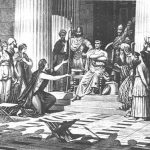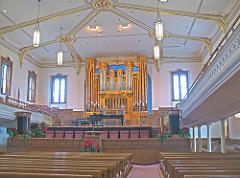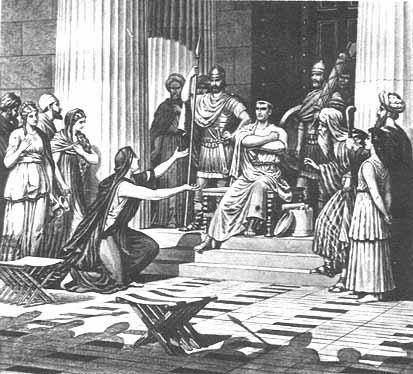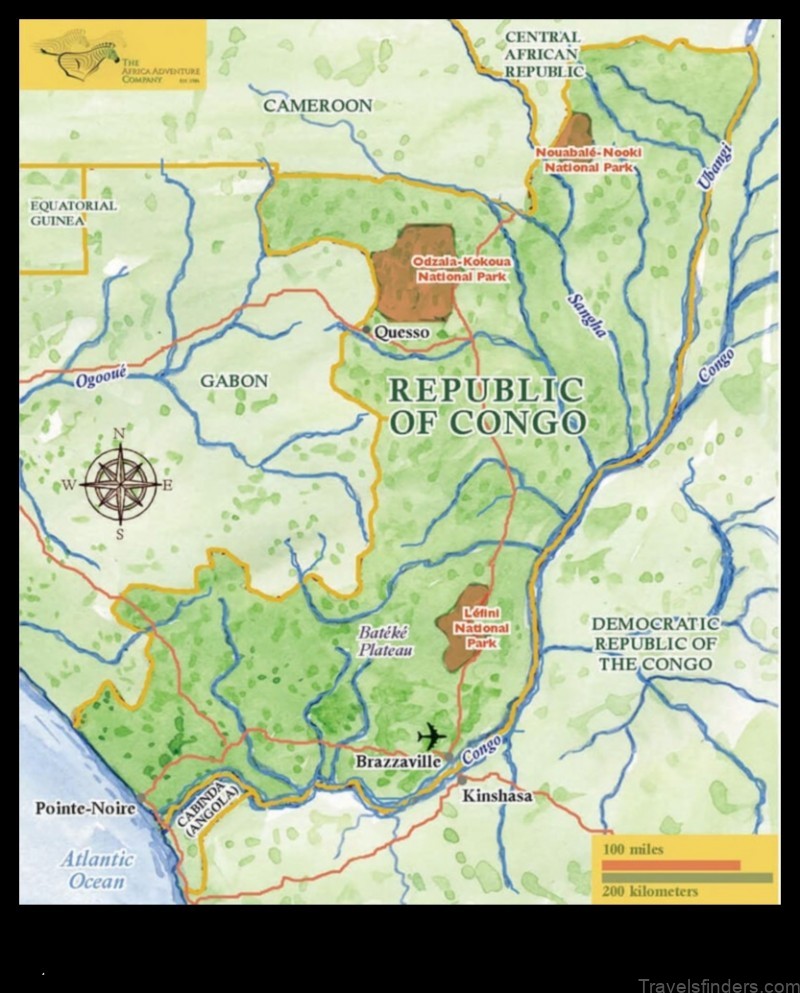The upper class of the British mainland colonies increasingly identified their own collective interest with the colonial government’s representative element
after 1690. Accordingly, they strove to buttress the standing of their local assemblies with the same powerful privileges that had been confirmed as
belonging to the British House of Commons following the Revolution of 1688. This development reversed the balance of legislative power established in
the early seventeenth century, when the legislatures’ lower houses did little more than ratify measures initiated by the governors or their councilors.
Continued deference to the chief executive and his appointed advisors ultimately proved incompatible with defending local interests against outside
interference, since the Crown (or an absolute proprietor) named the governor, who then appointed his own advisers to the upper house everywhere but in
Connecticut and Rhode Island (where they were popularly elected). The lower houses of assembly increasingly asserted their own authority during the
eighteenth century as a means of checking the potential threat to local autonomy posed by royal and proprietary officials.
The assemblies simultaneously began shedding the amateurishness and inefficiency that had characterized their deliberations for much of the 1600s. The
lower houses steadily became more proficient in such areas as keeping accurate and detailed records of official activities, gaining greater mastery over
parliamentary procedure and rules of order, and making their internal organization more efficient and flexible through greater reliance upon standing
committees to conduct recurring business and by taking greater care in naming competent individuals to key leadership positions. The assemblies became
more professional and hard working, in large part through the emergence of a new generation of speakers of the house, who were more politically
sophisticated, strong-willed, and determined to elevate their assembly’s standing to a level commensurate with the status of Britain’s House of Commons.
These speakers frequently held long tenures, and they led the members in an often spirited offensive to expand their assembly’s institutional rights and
privileges.
The lower houses eventually shifted the locus of constitutional power away from the governor and councilors by refusing to permit any external meddling
in their own internal proceedings, by gaining firm control over taxes and the budget, and by refusing to appropriate permanent, independent salaries or
other incomes to executive officers. By keeping governors dependent upon the passage of an annual bill for their compensation, the lower houses used
the power of the purse to ensure that governors could not allow long periods to pass without calling the legislature into session. They also generally
withheld final approval of the government’s budget until the governor had agreed to sign the major acts sought for passage by the speaker. Despite a
considerable range of gubernatorial powers (including the rights of vetoing any measure, of summoning or dismissing a legislative session at will, of calling
elections with little advance notice, and of packing the upper house with his own supporters), a determined lower house had the advantage because the
governor was dependent upon local revenues to carry out his duties not to mention receive his pay.
Because of the general inattention to colonial affairs by the Privy Council and even the Board of Trade’s members, governors rarely obtained any effective
backing from the British government that would enable them to coerce assemblies into compromising on most disputes, much less to press a lower house
into backing down on matters of constitutional principle or measures strongly demanded by the voters. Under such conditions, the lower house succeeded
in gaining the initiative in legislative proceedings, establishing itself as the dominant force in colonial government, and maintaining that position throughout
the eighteenth century.
Well before the colonial period ended, representative government had displaced imperial or proprietary institutions as the center of political power in
Anglo-America. The lower houses of assembly no longer acquiesced to the constitutional primacy of the governor and his council as they had during the
seventeenth century. They saw themselves as entitled to the same legislative privileges accorded by the British Crown to the House of Commons, and
they exercised de facto local autonomy in nearly all matters of lawmaking, except regulation of oceanic trade, issuing currency, and amending the
common law.
Thomas L. Purvis
Bibliography
Bailyn, Bernard. The Origins of American Politics. New York: Alfred A. Knopf, 1968.
Clarke, Mary P. Parliamentary Privilege in the American Colonies. New Haven, CT: Yale University Press, 1943.
Dinkin, Robert J. Voting in Provincial America: A Study of Elections in the Thirteen Colonies, 16801776. Westport, CT: Greenwood, 1977.
Greene, Jack P. Peripheries and Center: Constitutional Development in the Extended Polities of the British Empire and the United States, 16071788. Athens:
University of Georgia Press, 1986.
Greene, Jack P. The Quest for Power: The Lower Houses of Assembly in the Southern Royal Colonies, 16891776. Chapel Hill: University of North Carolina Press,
1973.
Hofer, Peter C. and N.E.H. Hull. Impeachment in America, 16351805. New Haven, CT: Yale University Press, 1984.
Johnson, Richard R. Adjustment to Empire: The New England Colonies, 16751715. New Brunswick, NJ: Rutgers University Press, 1981.
Kammen, Michael. Deputyes & Liberves: The Origins of Representative Government in Colonial America. New York: Free Press, 1969.
Kettner, James H. The Development of American Citizenship, 16081870. Chapel Hill: University of North Carolina Press, 1978.
Labaree, Leonard W. Royal Government in America. New Haven, CT: Yale University Press, 1930.
Leder, Lawrence H. Liberty and Authority: Early American Political Ideology, 16891763. Chicago: Quadrangle, 1968.
Lutz, Donald S. Colonial Origins of the American Constitution. Indianapolis, IN: Liberty Fund, 1998.
Lutz, Donald S. The Origins of American Constitutionalism. Baton Rouge: Louisiana State University Press, 1988.
McLaughlin, Andrew C. The Foundations of American Constitutionalism. New York: New York University Press, 1932.
Murrin, John M. “Political Development.” In Colonial British America: Essays in the New History of the Early Modern Era, edited by Jack P. Greene and J. R. Pole.
Baltimore: Johns Hopkins University Press, 1984.
Pole, Jack R. The Gift of Government: Political Responsibility from the English Restoration to American Independence. Athens: University of Georgia Press, 1983.
Pole, Jack R. Political Representation in England and the Origins of the American Republic. London: Macmillan, 1966.
Steele, Ian K. Politics of Colonial Policy: The Board of Trade in Colonial Administration, 16961720. New York: Oxford University Press, 1968.
Tully, Alan. Forming American Politics: Ideals, Interests, and Institutions in Colonial New York and Pennsylvania. Baltimore: Johns Hopkins University Press, 1994.
















